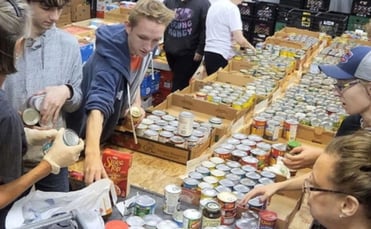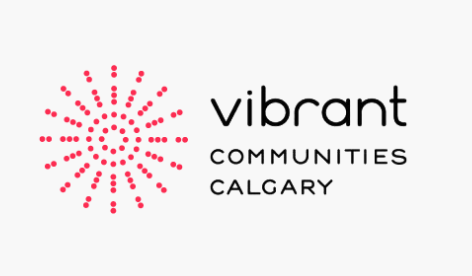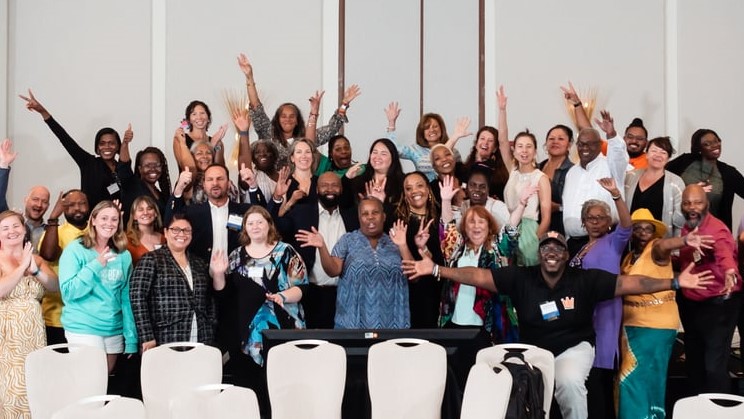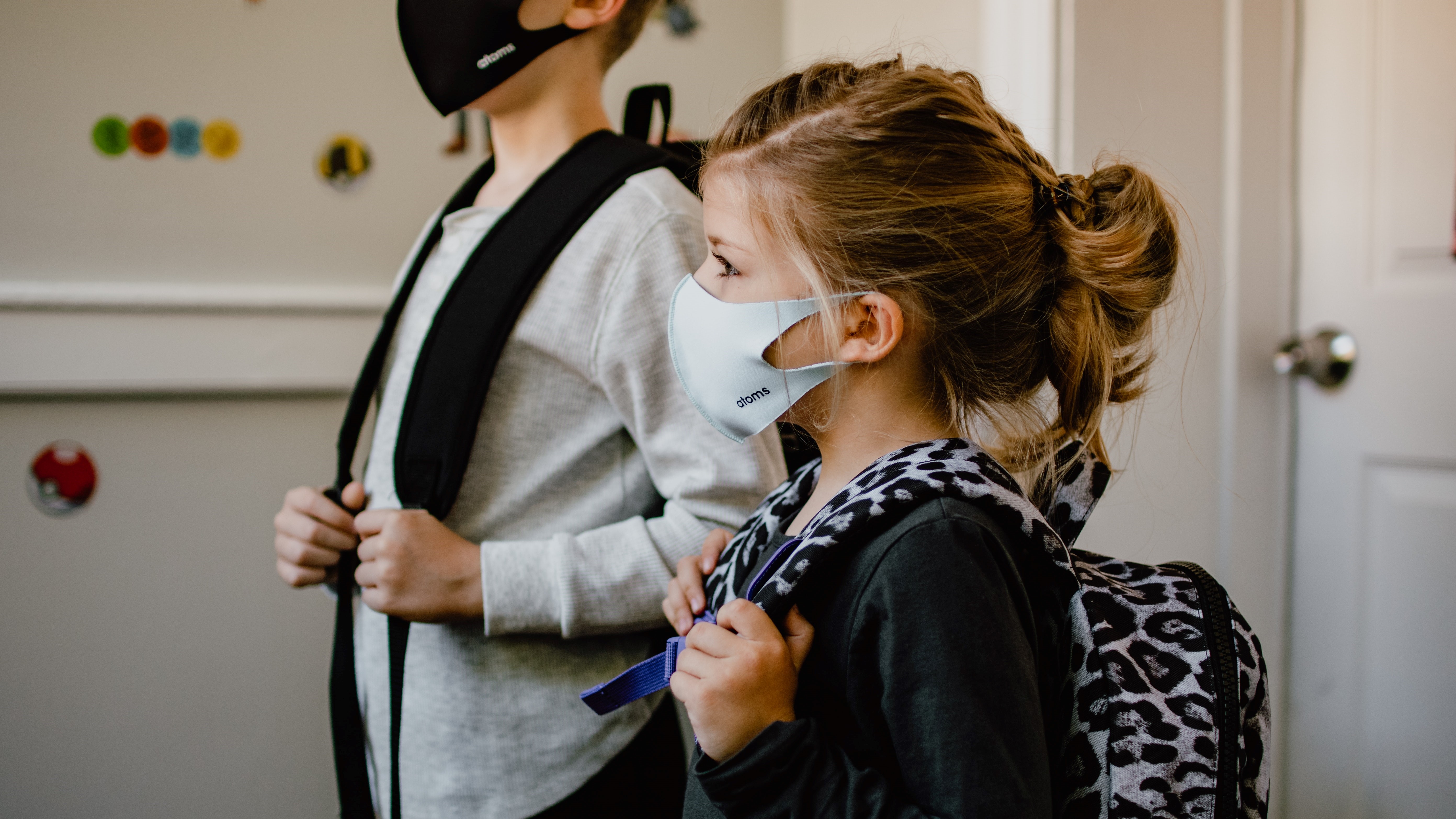 When Calgary’s poverty reduction strategy, Enough for All,was developed, it would have been hard to imagine a city where we are quite seriously considering that phrase as it relates to our current crisis, to ourselves and to our families. Is there enough for all of us? Is there enough for me? The greatest irony of our current predicament is that people in our city who have been living in chronic poverty have a lot to teach us about how to handle our new normal. They have been living it for years.
When Calgary’s poverty reduction strategy, Enough for All,was developed, it would have been hard to imagine a city where we are quite seriously considering that phrase as it relates to our current crisis, to ourselves and to our families. Is there enough for all of us? Is there enough for me? The greatest irony of our current predicament is that people in our city who have been living in chronic poverty have a lot to teach us about how to handle our new normal. They have been living it for years.
Feelings of helplessness and panic, of putting on a brave face for your kids, of wondering where your next meal is coming from, and how your next bill is going to get paid are not new to people who have been living in poverty. This has been the norm for more than 148,000 (based on the 2018 Canadian Income Survey for MBM) people in Calgary for many years. Before COVID-19, one in six Calgarians worried whether they will have enough money for food at the end of the month. And before we en masse worried about income security, one in 10 people in our city were always on the brink of having to make extraordinarily difficult decisions about which bills to pay at the end of the month. The difference right now is that we can all relate in a visceral way. It’s happening to more of us. Perhaps to all of us. And it feels urgent, it feels hopeless, and it feels like our health and fate are in the hands of others who don’t have a solid plan. In many ways it is. But in all ways, this is not unchartered territory.
If there is anything I’ve learned from working with people who live in poverty every day, it’s that there is a well-exercised muscle of deep resiliency and hope that resides in people who are our subject matter experts in how to live in uncertainty. It’s a feeling of knowing that traditional systems might not come through in the way we want them to and in the timeframe we need them to. It’s a lesson in building a community around you. It’s a lesson in “making it work,” whatever the circumstances. And it’s also a deep understanding of how to live in a “new normal” in the medium and long term. People who have lived in poverty are our greatest teachers. And it’s really time to listen to their experience and to create solidarity based on a deep empathy and not on sympathy.
What are we doing in greater numbers that people in poverty have done for years? We, if by instinct, are looking out for one another. We are checking on our neighbours. We are gently reminding each other not to hoard food and we are course-correcting on posting panicked pictures of hoarding and shortages in our local grocery stores because we know that creates unneeded anxiety for those who can’t afford to do that. We are insisting that when we are stocking up, we leave enough baby Advil on the shelf for the parent who “really-needs-it-right-now-in-the-middle-of-the-night.” Our city’s journalists are actively pursuing answers to the questions about how the most vulnerable in our society are navigating these changes at each press conference, as our local activists have been doing for years. We are looking out for one another in a way that has been the long-held normal for people living in poverty.
We have a masterclass on a crisis that already exists. And it’s rooted in resilience, practicality and hope.
Here’s the lesson. There IS enough for all of us. There is enough food. There is enough compassion. And there is enough hope. And this has been tested through evidence.
Meaghon Reid is the executive director of Vibrant Communities Calgary, stewards of Enough for All – Calgary’s Poverty Reduction Strategy.





